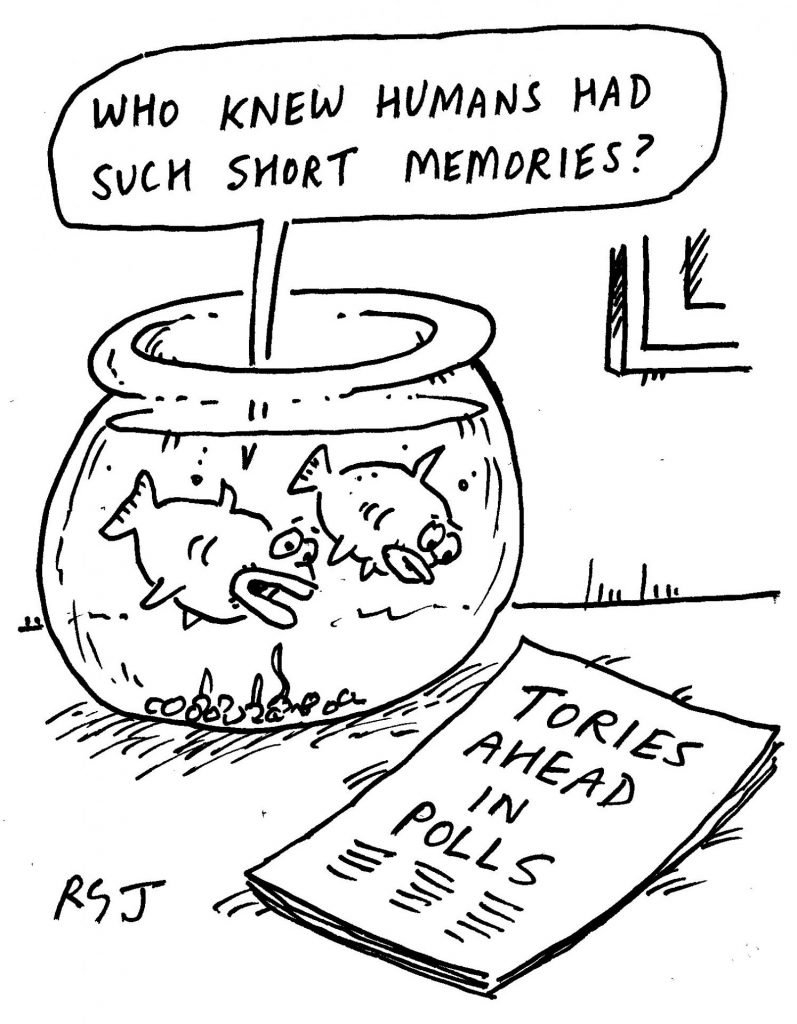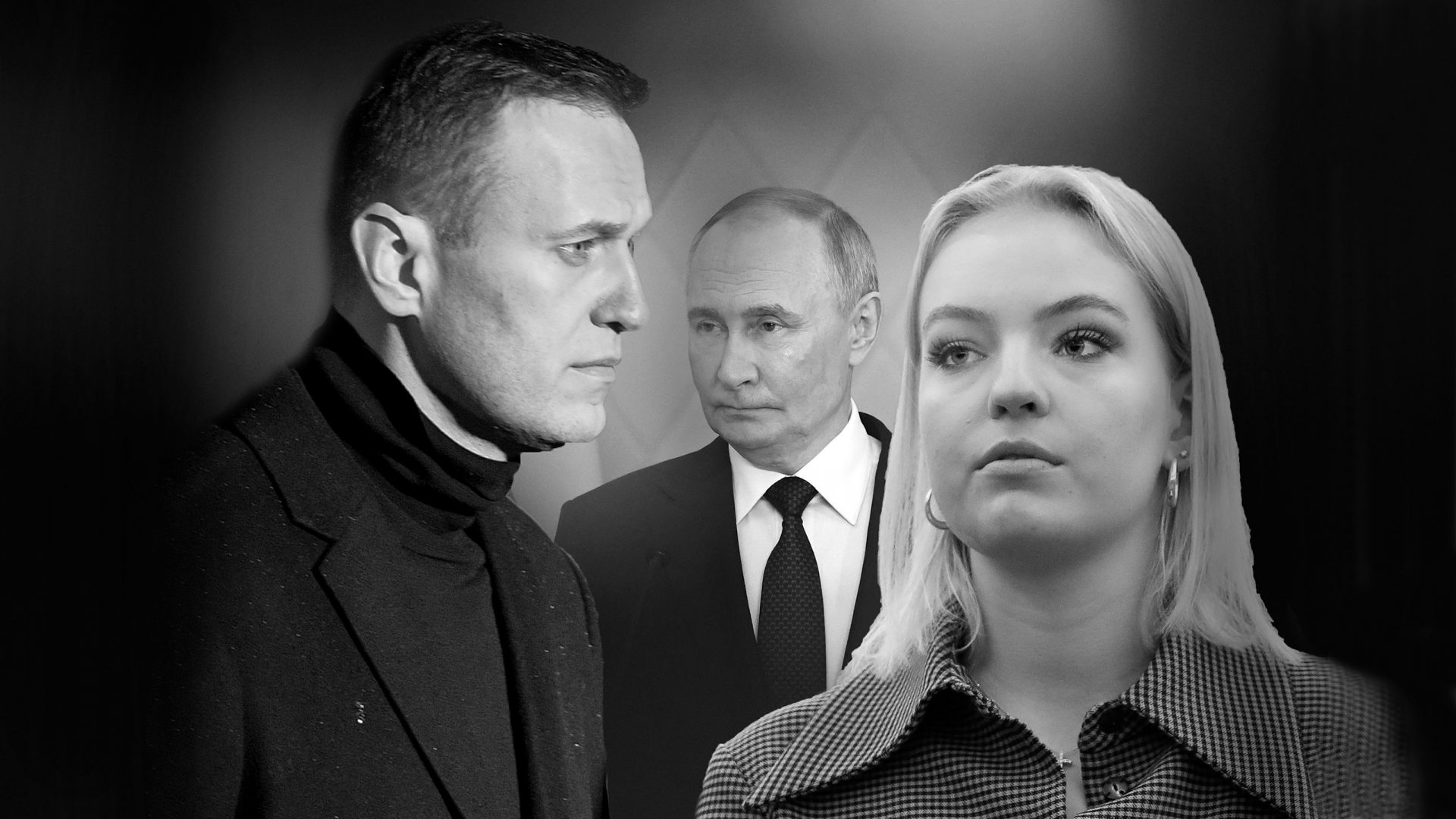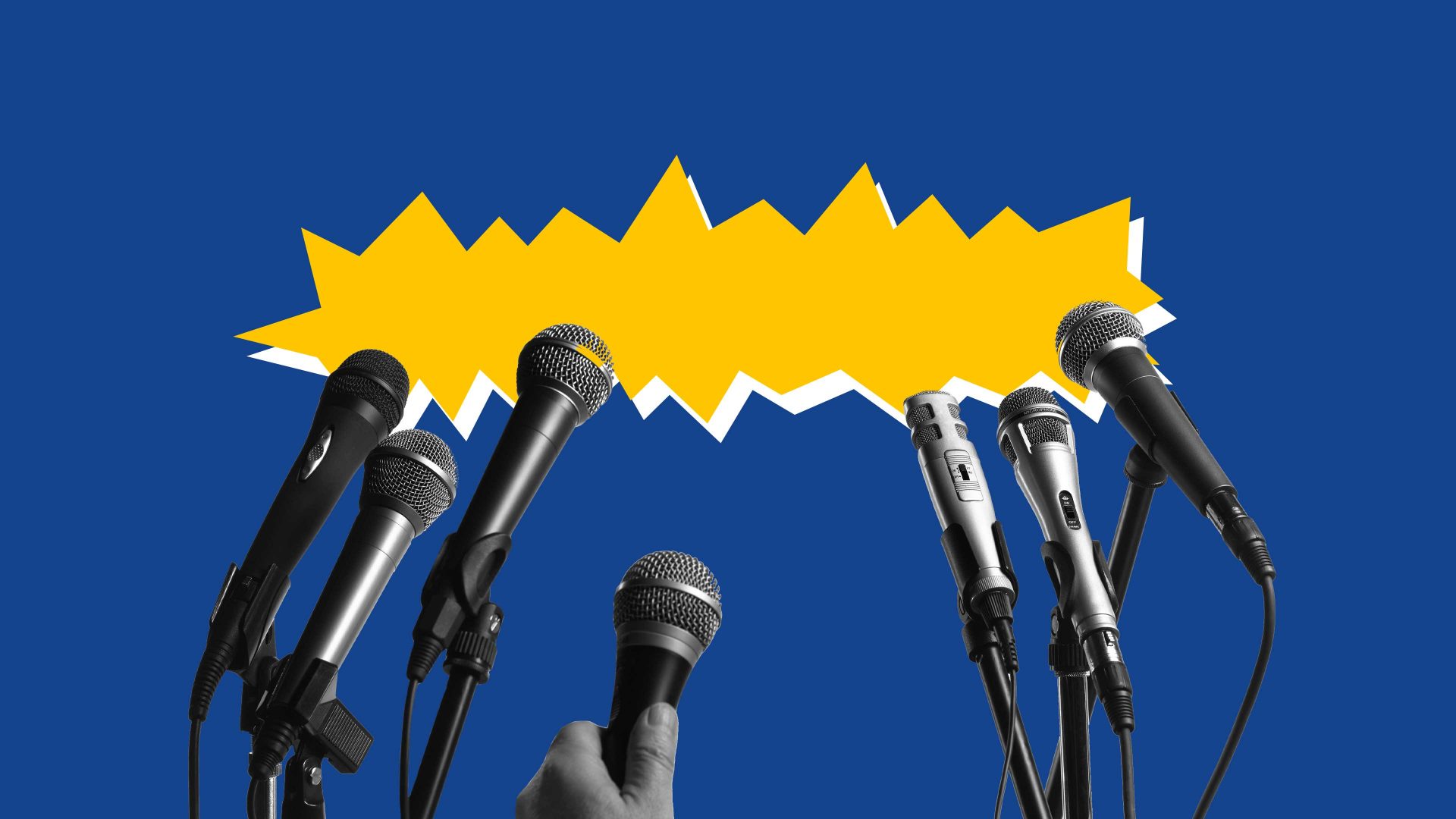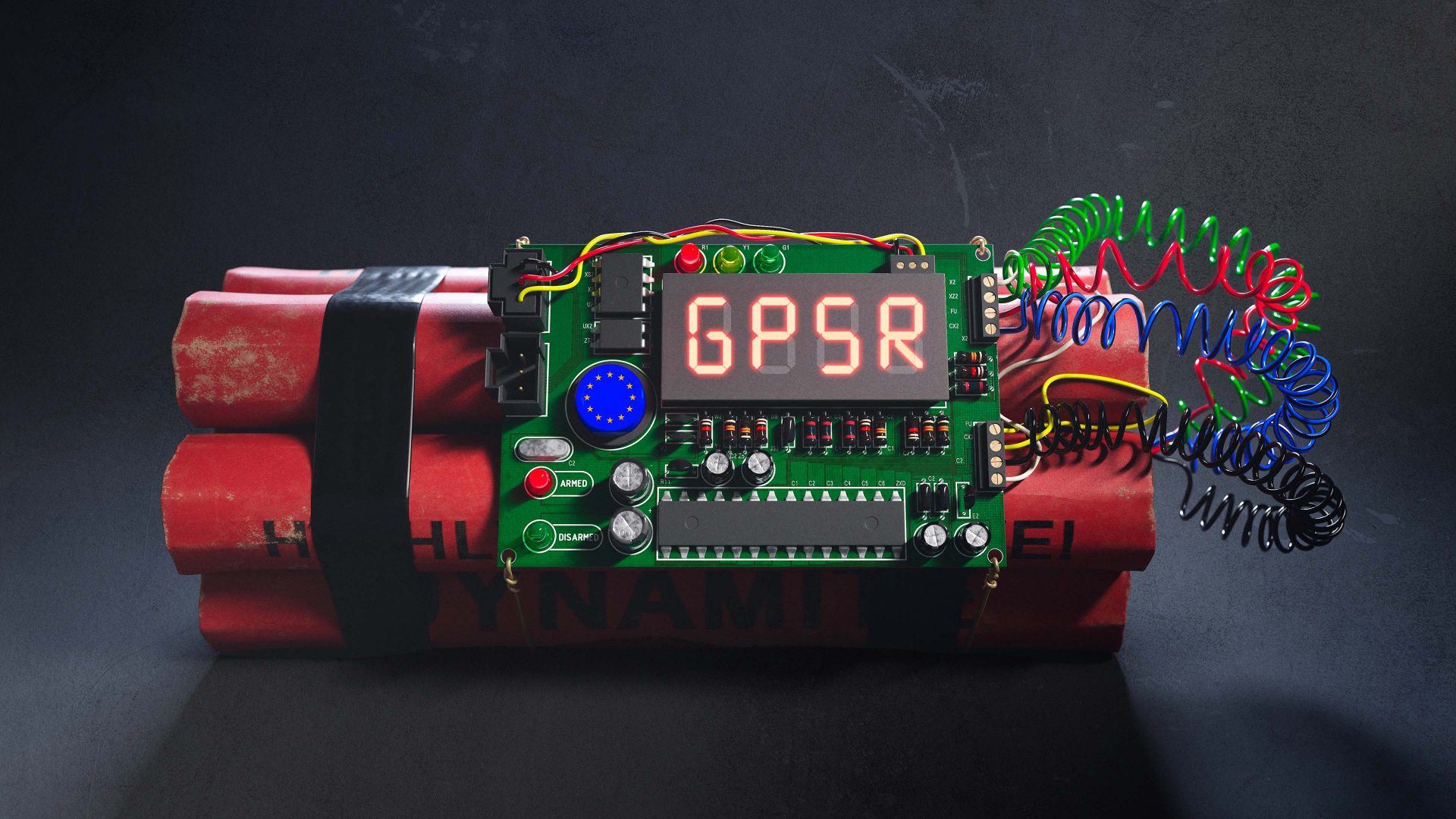As speaking gigs go, it was up there with the best. Oslo, always nice whatever the weather, and for Norway in late November, it was quite mild.
I didn’t even have to write, or deliver, an actual speech. Instead, Norway’s closest thing to Michael Parkinson, Fredrik Skavlan, did a one-off recreation of the hit TV chat show he hosted for two decades, for a live audience hosted by oil and gas giant Equinor. I was the first of four guests.
When I did the actual Parkinson show a few years ago, I was on with actor Ross Kemp and comedian Jimmy Carr. No offence to either, but I enjoyed the Norwegian panel more. It too included a comedian, Shaparak Khorsandi, who was forced to flee Iran as a child after the 1979 Revolution because her father, poet and political satirist Hadi Khorsandi, found his satire didn’t go down too well with Ayatollah Khomenei and Co. She was funny and serious in equal parts, and I especially liked her when she said how much she loved my daughter, Grace, who last week sold out the Hammersmith Apollo, and got headlined as a “comedy genius”, no less, in the i newspaper review. (Proud dad moment, even if the content was challenging for a 67-year-old father raised in very different times.)
The father-daughter theme also came up with guest no 3, former MI6 chief Alex Younger. Of course we all know that spies are not supposed to tell even their nearest and dearest what they do for a living, but he admitted his wife Sarah had always known, even before they were married. Indeed, as a condition of accepting his marriage proposal, Sarah insisted: “You have to tell your mother what you do.”
So he did. “There’s something I have to tell you,” he explained when they next met up. “What’s that, darling?” asked Mrs Younger the elder.
“I’m a spy.” “That’s nice,” said his mother. “So was I.”
Cue a lot of Norwegian laughter, then Shaparak Khorsandi chipping in: “It would have been more dramatic if you had said ‘I’m gay,’ and she had said ‘that’s nice. So am I.’”

The crowd had not been told in advance who the guests were, and Skavlan saved the real star turn, and the most moving father-daughter love story, for last. Dasha Navalnaya got a standing ovation as soon as her name was announced and she walked on to the stage.
She is the 23-year-old daughter of murdered anti-Putin, anti-corruption campaigner Alexei Navalny, so of course in many ways that remarkable response to her arrival was about him, and what his story represents in a country with more to fear than most from the villainy – Alex Younger’s word – of Vladimir Putin’s Russia.
Yet it soon became apparent that she is a deeply impressive young woman in her own right. Recently graduated from Stanford University, she speaks flawless English with an American accent, is as you might expect very well informed about Russian and global politics, and was just getting over the disappointment of the US election, having worked as a volunteer on the Kamala Harris campaign in Philadelphia.
We had met the previous evening, and she confessed to being nervous about the event. She needn’t have been. She has the presence and charisma of her parents, and a certain steeliness, too.
When Fredrik Skavlan used the word “allegedly” ahead of “murdered” to describe the death of her father, she shot back calmly: “Putin murdered my father. That is fact.”
There were moments, as the audience sat spellbound listening to her account of childhood experiences of family harassment and intimidation, her father’s poisoning, which led to his long-term hospitalisation in Berlin, his return to Russia, imprisonment and then death, when I could see a slight tremble in her bottom lip. No wonder.
As she spoke I reflected on Kim Leadbeater, the MP behind the assisted dying bill, who told me and Rory Stewart on our podcast last week that she felt she had never really grieved or processed the murder of her sister, Jo Cox. I found it remarkable that Dasha could recall so vividly in front of hundreds of people the heart-rending detail of how she found out her dad was dead – from the news – and wondered if she too was living, as Kim said she was, one step, one day at a time.
She later told me she had gone into her room at college and sobbed for hours on end. But she knew her father would not want her to allow his death to define her life or to extinguish hope that Russia could one day be rescued from “Putin’s crooks and thieves”.
I asked her if she had worried, when he returned to Russia and they said their goodbyes at the airport in Germany, that she would never see him again. Yes, she said. Yet neither she nor her mother had ever raised the idea that he might not go back.
She told of prison visits where they were kept waiting for hours before having to touch hands through a screen “like in the movies”, while talking on phones on which they could hear the people who were listening in.
If you bumped into her and didn’t know who she was you would think you were meeting a happy, smiley, energetic, highly intelligent young woman with a real curiosity about the world. But when you do know, and you hear her story, you can see that she and her mother, Yulia Navalnaya, could become a very powerful force in the battle she says she will never give up – to be able to return to Russia and help to make it a free and fair country.
Right now that feels a long way off. But she is definitely her father’s daughter, not to be underestimated, even if, like Vlad, you’re the head of a murderous organisation.
I find it impossible to be in Norway without constantly wondering what might have been if the UK had used our North Sea oil wealth the way the Norwegians have. This country, with a population almost identical to Scotland’s at five and a half million, now has the biggest sovereign wealth fund in the world.
Sticking to a rule that says a maximum of 3% of it can be spent on government services in any given year, it now funds a whole quarter of all state-run activity. Fair to say the Thatcher government was not quite as wise or forward-thinking as its Norwegian counterpart when the oil gush was at its height.
I had breakfast with the prime minister, Jonas Gahr Støre, and he proudly showed me the desk on which the Oslo Accords aimed at resolving the Israeli-Palestine conflict were signed. It is a beautiful piece of furniture, which has survived rather better than the hope represented by the agreement signed upon it, the principles of which remain as valid as ever, yet so distant.
Alex Younger ducked out but the rest of us accepted an invitation for an early morning swim in a freezing fjord. I hadn’t packed my neoprene gloves and boots so couldn’t stay in for as long as I would have liked.
The dockside sauna came in handy though. The woman in charge had the word “Kok” across her bobble hat, the name of her company. She explained that it meant Cook, the idea being that a sauna is a place to cook your body. All very hygge.




